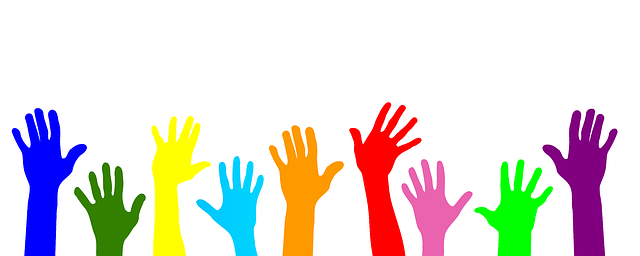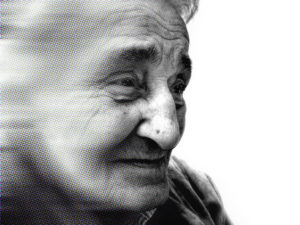
With open hearts and open hands, we gave what we could, and a little became a lot”, said Wendy Smith in her book Give a little: “How your small donations can transform our world”.
People donate money to different causes for a variety of reasons. These include personal satisfaction, tax deductions, and social reasons that can bring change in our society for the better.
Philanthropy on a Personal Level
Although Howard Fensterman donates to a variety of causes, he has chosen two major organizations on which he mainly focuses. One is the Crohn’s and Colitis Foundation of America. A non-profit organization devoted to finding the cures for Crohn’s Disease and ulcerative colitis and to improving the quality of life of children and adults affected by this disease.
Advancing the quality of life of all communities is of primary importance to Howard and as such, he is a contributor to his local Chabad, which is an organization that assists folks by uplifting their social environments in locations all over the world.
How You Can Help
Depending on the reason for donating to charity, people may choose different ways to help. Volunteering to work for a charitable organization is a great way to be directly involved in helping others.
If you want to contribute funds, you will find many organizations to choose from. Many people make choices by keeping in mind how their money will be utilized and the impact it will have in the area they are concerned about, as well as potential tax deductions.
Many individuals do feel compelled to donate to organizations for a cause that is likely to bring social change,* but they end up giving money to establishments, like hospitals and universities, whenever they can make donations. According to research, only 20% of big donors follow their desire to donate to organizations that are working to bring social change.
This may be because of two major reasons, as identified by the same research.
- People do not know about such organizations and second, they do not find it rewarding to donate to small organizations.
- There could be a lack of trust. Established and traditional recipients of donations enjoy a certain level of people’s trust because of a history of using donations for the intended purposes. Also, making big donations to established organizations and big names is a way to earn respect and admiration in society.
But, there are folks, especially philanthropists, who do not follow the traditional route. In order to satisfy their strong desires to help bring in social change, they make non-traditional choices and look for organizations that are working on innovative projects to change society’s practices, and norms or to address real problems of society.
Some philanthropists believe that organizations that may be small but are at the forefront of research are the most worthy recipients of their donations.
Additionally, you may want to consider going beyond donating to medical research and consider contributing directly to hospitals and other organizations. St. Jude’s Children’s Hospital which was founded by Danny Thomas, is a cancer center for children and is a great place to donate, as well as the Shriner’s Children’s Hospital.

Hunger is an area that we must all consider lending a helping hand. No one should ever go hungry anywhere in the world. Whether that be physically volunteering or sending money. Save the Children is just one of many charities we highly recommend considering.
You may also want to consider helping our veterans and first responders. Tunnel to Towers provides state of the art housing for injured soldiers and first responders. It was founded by Frank Siller, who lost his brother, a firefighter in the 9/11 attacks on the Twin Towers in NYC. Wounded Warrior Project is another charity that assists our veterans.
How We Help
This website is devoted to bringing awareness to many illnesses, such as cancer, Alzheimer’s disease, diabetes, and heart disease, as well as discussing mental health issues and domestic lone-wolf shooting attacks.
In addition to learning what these diseases are, we offer suggestions, based on the studies from researchers in the fields, on how you can use preventative measures to stay healthy, and what to do if you feel you may be at risk.
We provide charitable organizations you can contact but we obviously can’t list all the charities here. We do have a plethora of information available with links to sources that you can follow up on. Forbes provides the top 100 charitable organizations and you can use their guide as well.
When you see the impact your money is bringing to society, it gives you the satisfaction that you have played your part in making this world a better place.
*Social change in this article refers to anything that benefits society, including medical advances as well as social ones.
Please note: This website does not ask for any financial contributions directly or provide any forms to donate to a cause. Please refer to the sources provided and/or you can find them on the Web via Google or other resources.


